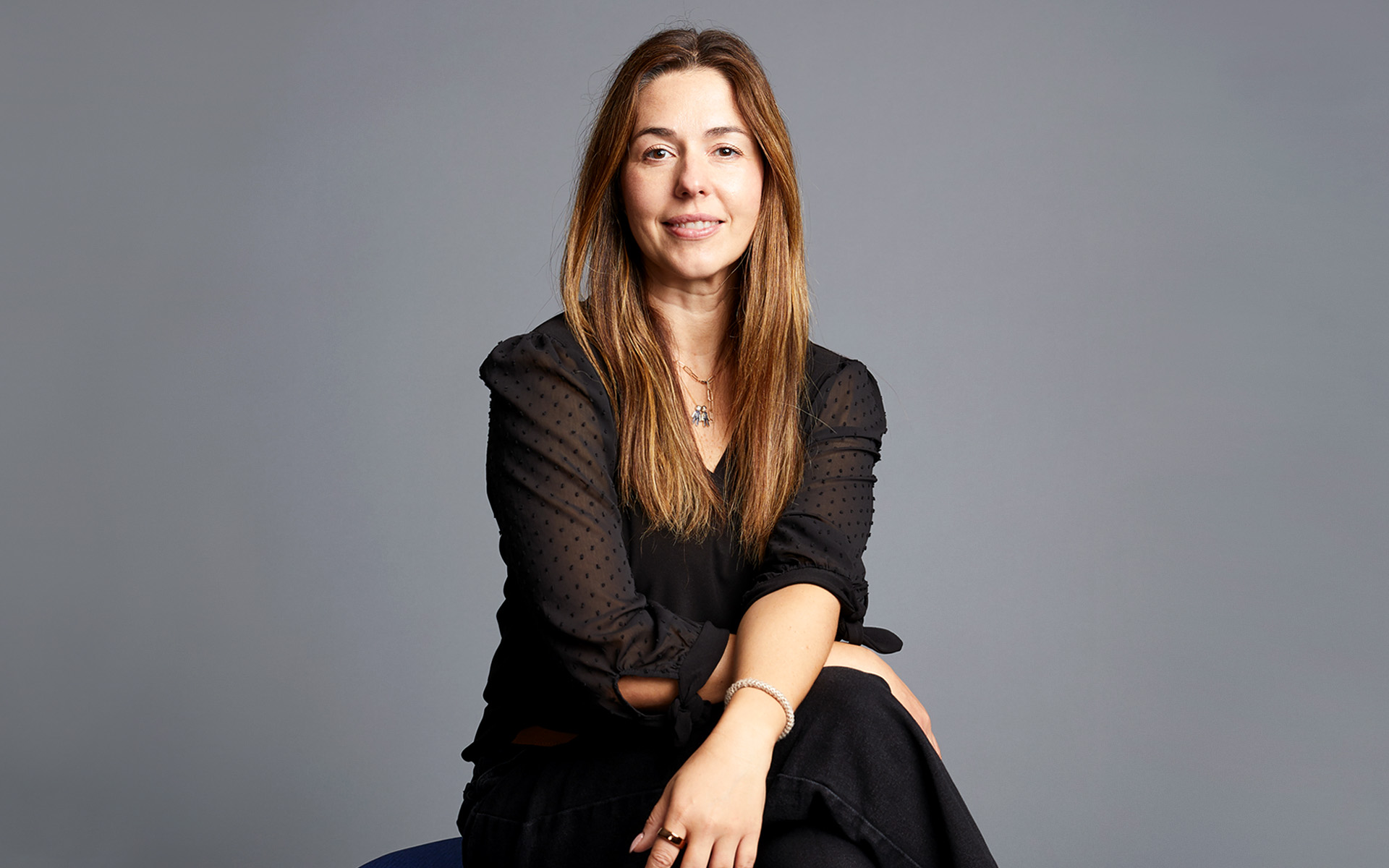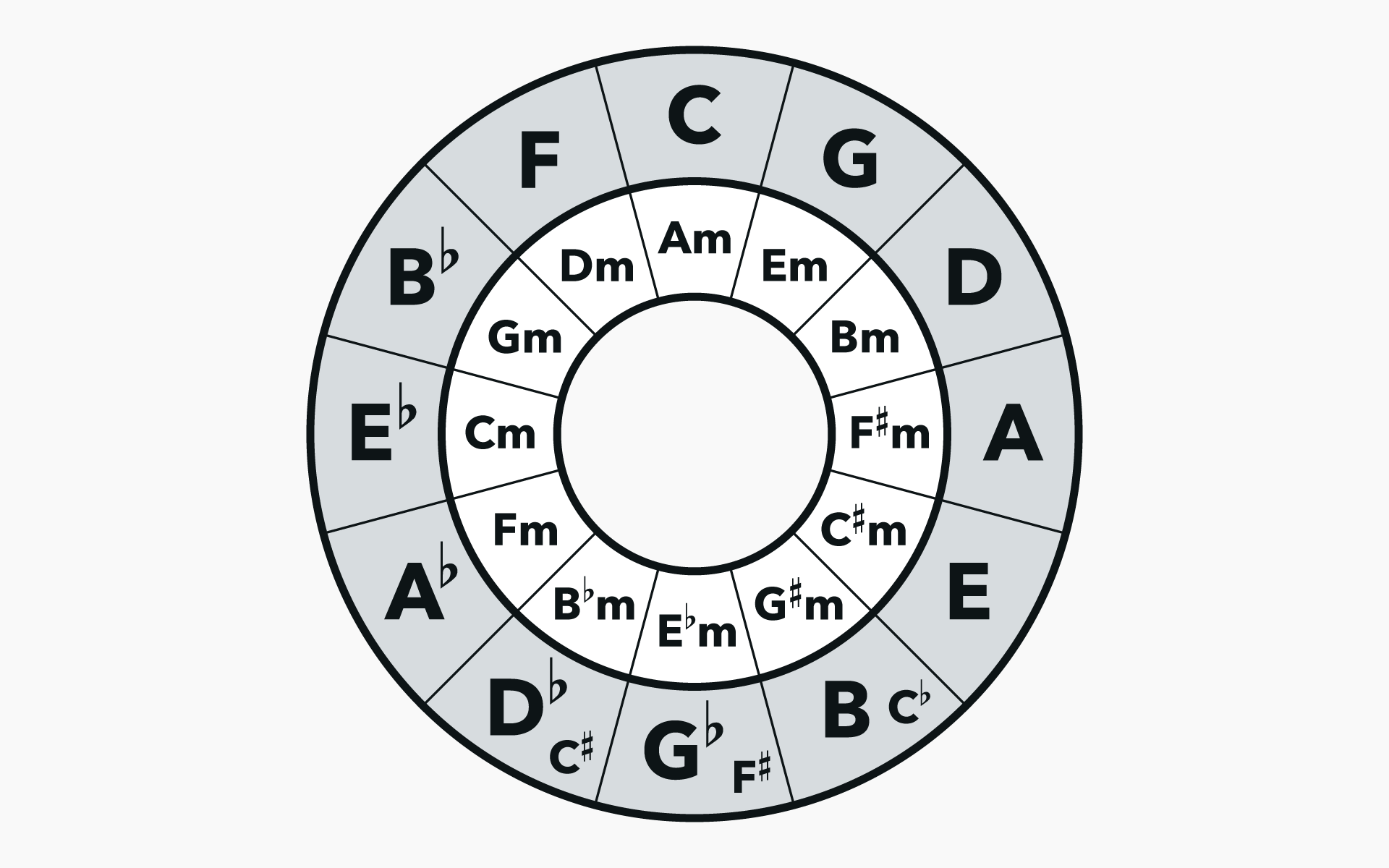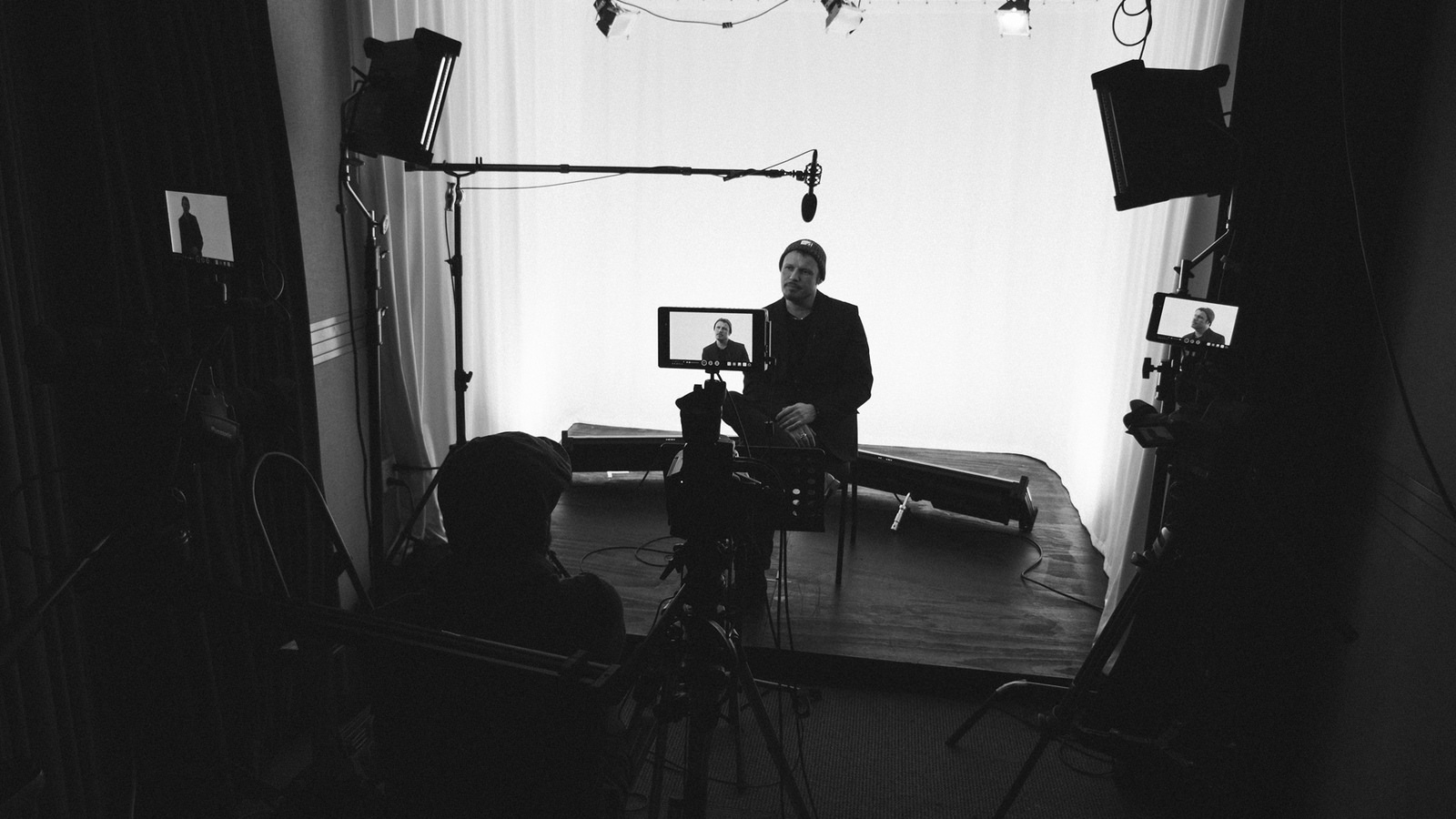Berklee Online’s greatest asset is its renowned instructors. They come from all areas of the music industry with years of experience. Earlier this year, songwriting instructor Neil Diercks was honored with the Outstanding Educator Award at the 100th Annual UPCEA Conference. To find out what makes Neil such an exceptional teacher, I interviewed him about his teaching methods and dedication to his students.
Kayley Kravitz: I know you recently attended the ASCAP Expo. Can you tell me a bit more about that?
Neil Diercks: It’s a big expo that happens every year; I think this is our tenth year. It brings together all types of industry folks, from music icons, to A&R people, to managers, to songwriters – you know, all parts of the industry, doing different kinds of works. There are panels on the digital age of music and business, how to promote creativity, and interviews. It’s a pretty big event.
That’s awesome, and it definitely sounds like something that’s good for our students for not only furthering their education outside of the classroom, but also networking, because there are so many various professionals there.
Neil Diercks: Yeah, absolutely. That’s why I encourage my students to attend these things. They have an opportunity to meet with folks and then, depending on when you sign up for the program, you can also play your songs for industry professionals and get feedback.
That’s wonderful!
Neil Diercks: Yeah, I feel it’s good for them to get that insight. When you’re playing for people, maybe you’re pitching to somebody who looks for music for TV or film, or maybe you’re pitching to somebody who’s looking for artists on their record label, it’s just important to get that kind of “real world” feedback. In the classroom, I try to bring as much of that in from my own background from working at Warner Brothers, but we’re looking a lot at the technical side of music, the compositional side. At these conferences, they get a perspective of what industry people are looking for as well.
I think it’s helpful because it’s the real world, what they’re entering when they pitch their material. So I feel like you have to put yourself in front of that. Sometimes it can feel harsher, but I think everybody’s got to get into that place, getting used to this business. You’re going to have to get 99 rejections before you get that 100th one where someone’s like, “Oh, I love this!”
That sounds like such a great opportunity. So, were you also presenting at any panels there at the ASCAP Expo?
Neil Diercks: No, I just went and basically organized these folks to get together and attend.
Very cool! And it was all Berklee Online students?
Neil Diercks: Yeah, exactly. I just kind of encouraged them. Earlier in the year, I’d gone to Durango and brought Berklee folks, too.
Can you tell me a little bit about Durango?
Neil Diercks: Yeah, it’s called the Durango Song Expo, which is in Santa Ynez, which is sort of outside of Santa Barbara. We had a crew of people there.
Are most of the students going to this also based in California or are you seeing ones come from all corners of the globe?
Neil Diercks: Here’s the rundown from Durango: Longview, TX, Norwich, CT, Phoenix, AZ, Santa Barbara, CA, Brazil, and Norway. It’s people from all over. It’s a pretty cool group. At the ASCAP Expo, we had three students from New York and some international people, including the same woman who came to Durango from Brazil.
That’s amazing! It just goes to show that a lot of these students, and obviously they have to have the financial means to do so, are really dedicated to learning all that they can and networking. When you organize these events, are you just kind of arranging meet-ups for them or how does that work?
Neil Diercks: Basically I just say, “I’m going to be going to this and I really encourage you to do it.” With certain students I just say “Hey, it’s time for you to take the next step and really start putting yourself out there, interacting and networking.” The connections you make at these events can be life changing. The connections between the students themselves are very important too, because now a lot of them are collaborating together who didn’t know each other before. A lot of what really happens, in my opinion, is you start building your own network of people.
It’s really about building a group together. You know, some former online students and I put together a production company and we’re all collaborating and writing for other artists. We met in the classroom and clicked, then decided to continue to do things. This isn’t an exact quote, but somebody told me years ago, back when I lived in Nashville, “Everybody’s trying to get to the next rung on the ladder. The thing is, we all kind of rise together. If you’re really connected to people, every time one of your friends has success, you move up a rung, too.”
That person was totally right!
Neil Diercks: It’s so true! Just the other day, another former student of mine called me up and said he was working with Pitbull and Flo Rida. He asked, “Do you want to work on this with me? Come in and help with this project?” So I brought in a couple of other trusted online students. In the end, it’s the same thing. You see these connections that happened maybe a couple of years back, but now they’re really flourishing which is really great to see. It’s not like the students just leave the classroom and then go back into their bubble.
It’s always good to hear about students that, like you said, don’t just return to their own little world after they finish a course; they’re taking their skills into the real world and seeing actual success with top-name artists and whatnot. So, back to the ASCAP Expo. You mentioned that you led an impromptu songwriting session there. Could you tell me a little bit more about that?
Neil Diercks: Yeah, we were between lectures and panels and had some downtime. One of the students said, while we were just standing around, “Let’s write a song!” We all agreed, so we just sat down there and then other people joined us, you know, just jumped in. I thought it was great. Afterwards, a buddy of mine said, “We’re going to all these lectures and it just makes me want to write!” But I think it’s the first time I’ve seen it at the conference where anybody just spontaneously started creating music. The whole point of the ASCAP Expo is about creating music. It seems pretty appropriate!
Did you guys have instruments or was it all kind of on the fly?
Neil Diercks: I think there was only one guitar and everybody else was just singing and clapping. We were just playing up a melody. We just started improvising and that’s how a little chorus came together. It was fun.
Are there any other conferences or expos coming up that you would recommend to people?
Neil Diercks: There are. I’m going with a few of the Berklee folks to one in October. Durango has two events a year — the one in California that we went to, and then they have another one outside of Boulder, CO. There are yearly events, for example the ASCAP “I Create Music” Expo is once a year. The other one that I find is good if you write music for TV and film is Billboard TV and Film. It’s a smaller group, which is nice, and it’s the same thing. You get to hear from great panels on all different topics. I went once with two online students and it really helped them understand what people from TV and film are looking for in a song, which sometimes is very different than what a record label would be looking for for an artist. It really helps them define these categories and understand where to pitch their music. They also have opportunities to play their music to people who are looking for material, so it’s a great thing.
These sound like very helpful events, especially for the songwriting students, to connect, because, like you said before, that’s what it’s all about – the connections and networking.
Neil Diercks: Yeah, absolutely, and hearing from somebody who is actually looking for this material – what their feedback is, why they feel it works or why they feel it doesn’t, and what you can do to improve.
I also wanted to congratulate you on your UPCEA Outstanding Educator Award. That is a big feather in your cap! Can you tell me a little bit more about when you attended the conference and were presented with your award?
Neil Diercks: That was a huge honor. I was just amazed, because it’s education and not just a music thing. Maybe it’s just the way I grew up, but with music I always feel like, “Well, I’m doing something and it’s fun, so it must not be as legit.” Mark Twain said, “Make your vocation your vacation.” In my acceptance speech I said, “My job’s pretty cool. I get hang out in LA and write songs and then I teach songwriting online.” I guess that’s why it’s sort of easy to be thought of as being “good at it” or something, because it doesn’t really feel like a job. I mean, it is — it’s work. But when you love it, it’s easy to put time and passion into it.
It was great to be around all those folks at UPCEA. Debbie [Cavalier, Berklee’s Vice President of Online Learning and Continuing Education] and Carin [Nuernberg, Berklee’s Dean of Continuing Education] received the award for Berklee Online and it was a great reminder to see just how advanced and ahead of its time Berklee Online has been compared to what other people are doing. I was sitting there watching Debbie give a demonstration of Berklee Online and I could just see how the audience went, “No way! Wow!” I mean, they were just blown away. It just goes to show how cutting edge Berklee Online is.
Again, congratulations on the award. It’s very much deserved because you’re really helping the students get their feet wet in the whole networking world. Obviously what you’re doing in the classroom is important, but being there to help them get acclimated to the industry is incredibly helpful and shows just how dedicated you are.
Neil Diercks: You’ve got to have that experience. Interacting with industry professionals is different than interacting with musicians. A&R people and managers might have different agendas for songs. They’ll think it’s cool and awesome musically, but you’ll get good feedback. They’ll say things like, “Well, I like the song, but it won’t work for my artist because my artist won’t want to have an image like ‘such and such.’” We’re actually on a project to write a song for a relatively new artist. When we came back, her people said, “It’s a little too over the top. We’re changing her image a bit and making her a little less overtly provocative. We’re making her more fun.” The song we had written was kind of based on her first hit, but then they came back to us and said “Hey, we love the music, but can you rewrite the lyrics so it works for this?” Getting that kind of feedback is important because it goes beyond how you musically construct the song. Now you’re dealing with this whole other layer of elements.
It can be kind of terrifying being in front of the real professional side of songwriting, so it’s wonderful that you’re there to help your students along and get them comfortable in that kind of arena.
Neil Diercks: Yeah, absolutely. And once you do it a few times, it’s like anything else. You get used to the rejection and learn to persevere. I really feel that a lot of this business is about that. You just have to keep sticking to it and learning along the way, so you’re not just doing the same thing over and over again. You realize, “Ah, this didn’t work because of this, but my next time is going to be better.”
Click here to learn more about studying songwriting online with Neil.






